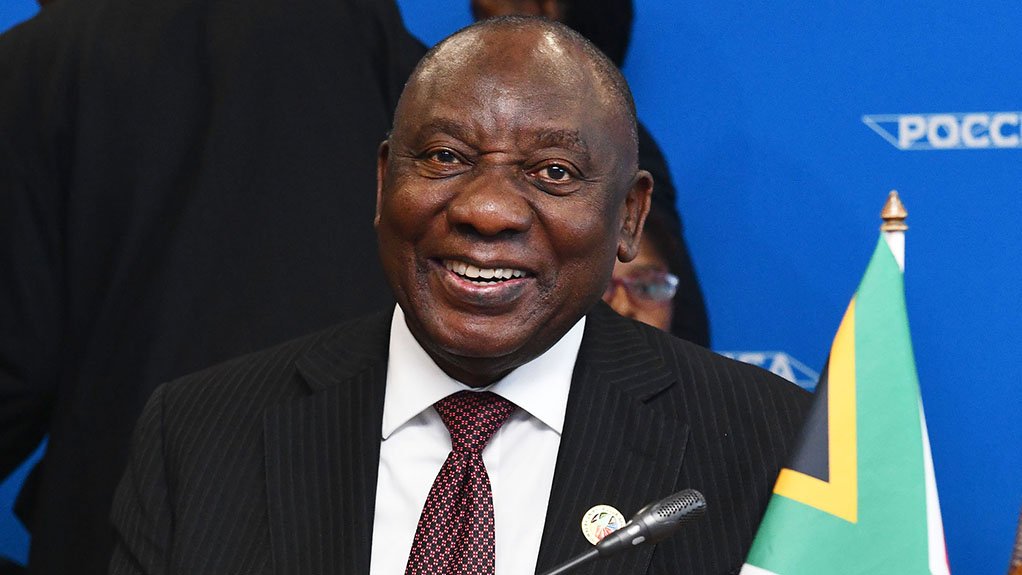African countries should, as sovereign states, be able to pursue independent foreign policy approaches which are not beholden to any of the major global powers or blocs.
This is according to President Cyril Ramaphosa who delivered his opening remarks at the Russia-Africa Summit in St Petersburg.
Ramaphosa met Russian President Vladimir Putin a week after his publicised affidavit to the Gauteng High Court in Pretoria that his fear of war with Russia was the reason he did not want to execute an International Criminal Court (ICC) arrest warrant for Putin, should he visit South Africa.
The government claimed a diplomatic victory last week when it announced that Putin would not physically attend the Brics summit next month.
Domestic and international laws would have forced the government to arrest him.
"African countries should, as sovereign states, be able to pursue independent foreign policy approaches that are not beholden to any of the major global powers or blocs. This second Russia-Africa Summit is an opportunity to further enhance and strengthen international cooperation and partnership for Africa’s development," Ramaphosa said.
He welcomed cooperation between Russia and Africa to promote investment, facilitate the development of value chains, and boost capacity to produce and export manufactured products.
"The proposed Russia-Africa Action Plan for the coming years should align with the second 10-Year Implementation Plan of the AU’s Agenda 2063. This will ensure better coherence and more action-orientated interventions,” he said.
Ramaphosa's visit to Russia comes a month after the peace mission by heads of state from Comoros, Senegal, Zambia, the Republic of Congo, Egypt and Uganda.
War talk aside, Ramaphosa was highly positive of Russia’s role in Africa.
"As South Africa, we remember with deep gratitude how the support of the people and the government of the then-Soviet Union sustained our struggle for liberation. Today our bilateral relationship remains strong," he said.
“We continue to collaborate in the political, economic, social, defence and security spheres. We work closely across multilateral platforms such as the United Nations, G20 and as members of Brics.
"As South Africa, our participation in forums such as this one is guided by our quest to realise the African Union’s Agenda 2063 vision of economic integration and inclusive socio-economic development."
He added that geopolitical tensions were negatively affecting countries across Africa.
"As part of Russia-Africa cooperation, we must repeat our call for existing global institutional mechanisms to be both strengthened and reformed. Greater participation of countries of the Global South will promote inclusiveness and engender trust. The reform of the multilateral financial institutions and the UN Security Council remains a priority."
Ramaphosa said that, in an interconnected world, everyone wass affected by conflict and instability in other parts of the globe.
On South Africa hosting of the upcoming Brics summit, Ramaphosa said it was an opportunity to promote enhanced global cooperation.
"The Brics partners are significant investors in Africa. The upcoming summit will therefore give particular attention to infrastructure development, supported by the New Development Bank, and the African Continental Free Trade Area. As African countries, we are shaping own destinies, as nation states and as a continent."
EMAIL THIS ARTICLE SAVE THIS ARTICLE
To subscribe email subscriptions@creamermedia.co.za or click here
To advertise email advertising@creamermedia.co.za or click here











